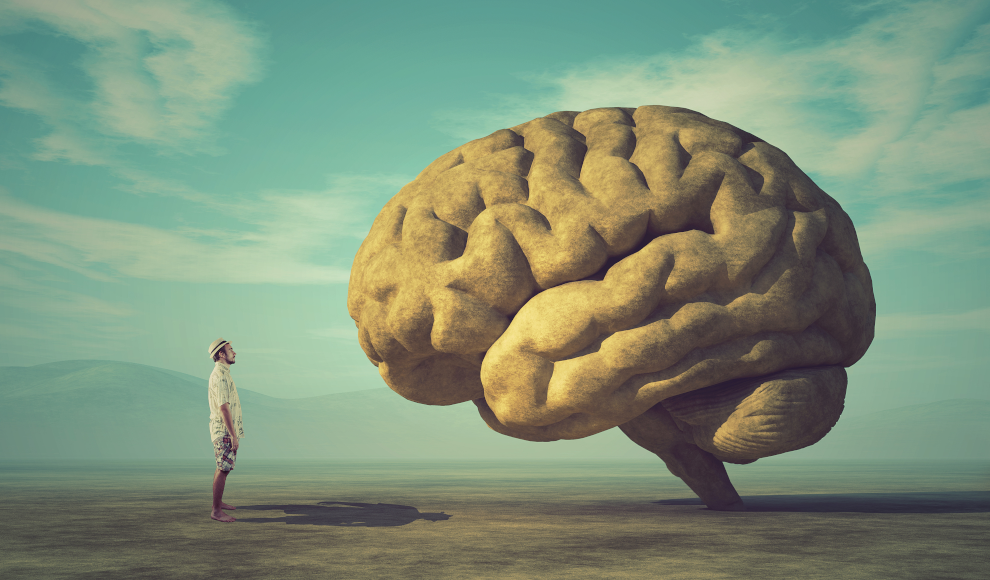The Libet experiments from the 1970s and 1980s suggested that humans do not have free will. Now, the experiments have been repeated to solve the scientific puzzle. Benjamin Libet used experiments that utilized electroencephalography (EEG) to prove that the intention of humans to perform a movement is visible in EEG activity about 0.5 to 1.5 seconds before the movement is executed. The so-called Libet experiments showed that the brain makes a decision before the person realizes it, indicating that actions are merely the result of an unconscious physiological process in the brain. The experiments have led to controversies about free will, with some neurophysiologists concluding that humans do not have free will.
The Libet experiments were repeated using functional magnetic resonance imaging (fMRI), which showed that the decision of humans takes place in the brain six to ten seconds before consciousness. Researchers from the National Research University Higher School of Economics (HSE University) have now questioned the Libet experiments and re-examined them. According to their publication in the journal Neuropsychologia, they found that the timing of consciousness of intention in Libet’s experiments was incorrectly determined. Furthermore, the EEG activity or brain signal that indicates the readiness to make a decision, which was recorded by Benjamin Libet before the decision, does not have a direct connection to that decision.
The study by the HSE University highlights the ambiguity of Libet’s research and proves the absence of a direct correlation between the brain signal and decision-making. However, the study does not conclusively answer whether humans have free will. Instead, it shows that there are still many unanswered questions. The ongoing uncertainty and the continuous search for answers make neuroscience an exciting field of research.










